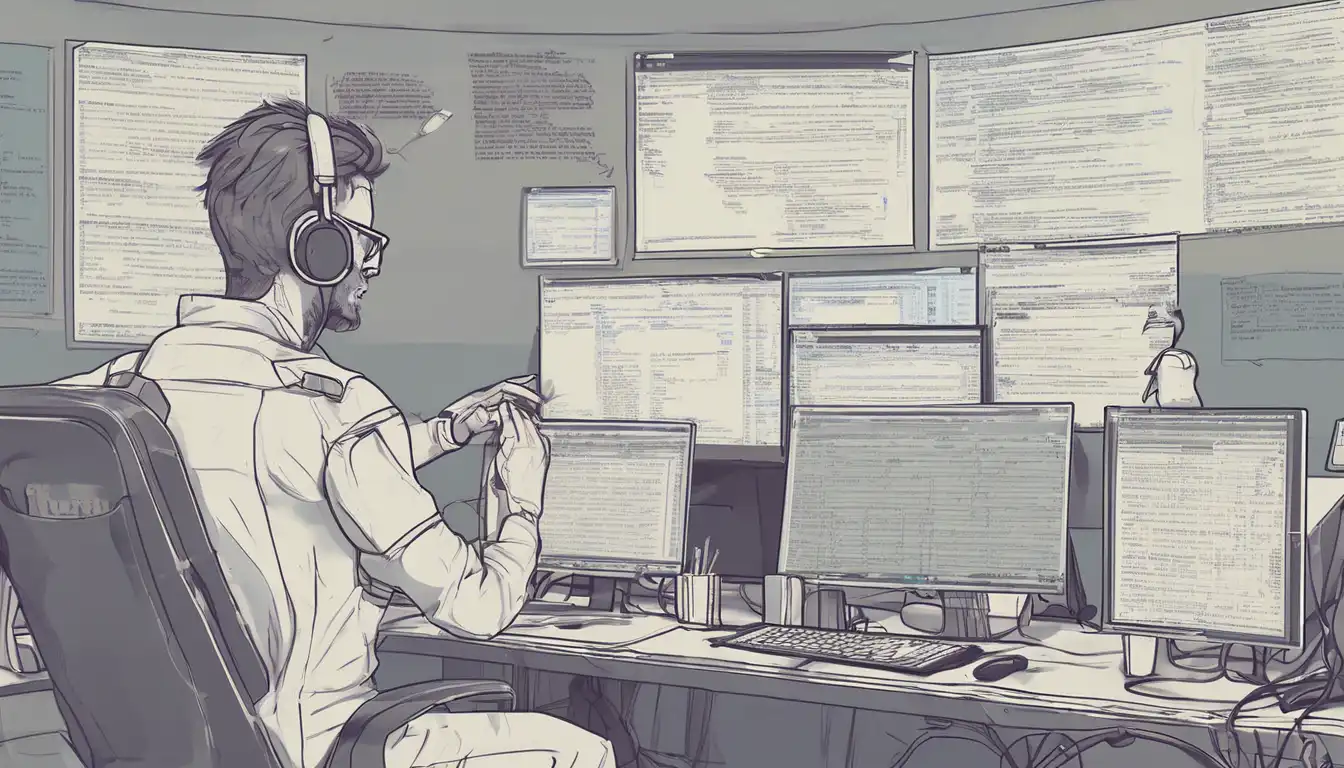Introduction to Professional Code Debugging
Debugging is an essential skill for any programmer, yet many struggle with it. This guide will walk you through the professional techniques to debug your code efficiently, saving you time and frustration.
Understanding the Debugging Process
Before diving into debugging, it's crucial to understand what it entails. Debugging is the process of identifying and removing errors from software or hardware. It involves a systematic approach to problem-solving that can be broken down into several steps.
Step 1: Reproduce the Problem
The first step in debugging is to reliably reproduce the issue. This means understanding the conditions under which the bug occurs and being able to trigger it consistently.
Step 2: Understand the Context
Once you can reproduce the problem, the next step is to understand the context in which it occurs. This involves examining the code around the bug, the data being processed, and the environment in which the code is running.
Effective Debugging Techniques
There are several techniques that professionals use to debug code effectively. Here are some of the most effective ones:
- Breakpoints: Use breakpoints to pause the execution of your code at specific points and inspect the state of your application.
- Logging: Implement logging to record the flow of execution and the state of variables at critical points in your code.
- Unit Testing: Write unit tests to isolate and test individual components of your code, making it easier to identify where things go wrong.
- Code Review: Sometimes, a fresh pair of eyes can spot issues you've overlooked. Regular code reviews can help catch bugs early.
Tools for Debugging
There are numerous tools available to assist with debugging, ranging from integrated development environment (IDE) features to standalone applications. Some popular tools include:
- Visual Studio Debugger: A powerful tool for debugging applications written in various programming languages.
- Chrome DevTools: Essential for debugging web applications, offering features like live editing and performance analysis.
- GDB: The GNU Debugger is a versatile tool for debugging programs written in C, C++, and other languages.
Common Debugging Pitfalls to Avoid
While debugging is a powerful skill, there are common pitfalls that can hinder your progress:
- Assuming Instead of Verifying: Always verify your assumptions with evidence from the code or logs.
- Overlooking Simple Solutions: Sometimes, the bug is a simple typo or logic error. Don't overlook the basics.
- Not Taking Breaks: Debugging can be mentally exhausting. Taking breaks can help you return with a fresh perspective.
Conclusion
Debugging is an art that requires patience, practice, and the right tools. By following the steps and techniques outlined in this guide, you can enhance your debugging skills and tackle even the most elusive bugs with confidence. Remember, every bug you solve makes you a better programmer.
For more insights into programming and software development, check out our programming tips section.
